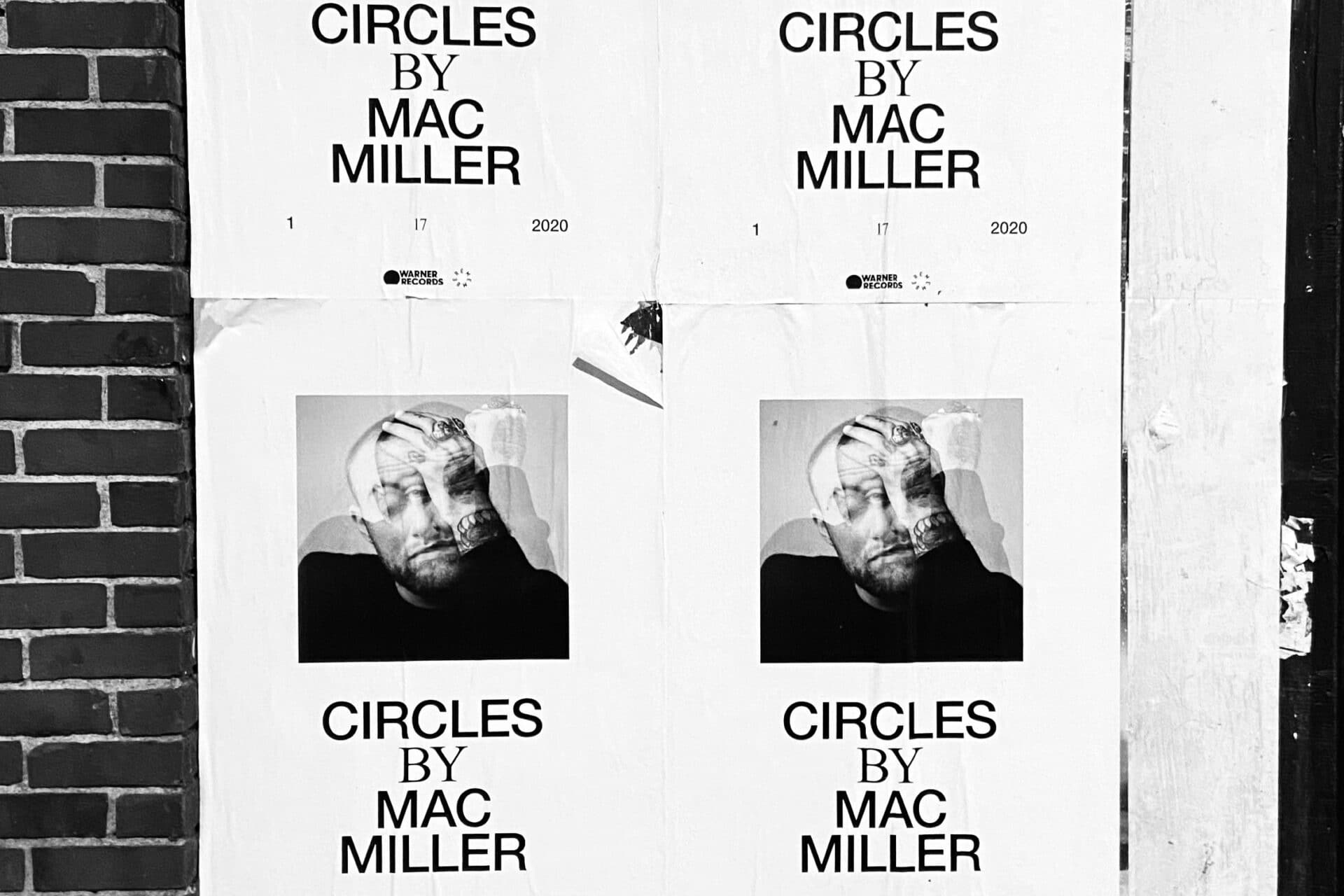This is an opinion piece
As a hip-hop fan, unfortunately, I am no stranger to death. I’m only 22 years old and I’ve seen the rap community lose a number of artists who I was a big fan of; Lil Peep, Juice WRLD, Nipsey Hussle, Mac Miller, Pop Smoke, Young Dolph, and the list goes on.
I still remember the day Mac, one of my favourite artists passed away. It was a beautiful fall day and I was sitting on the train, travelling from Toronto, where I live for school, to my hometown about an hour and a half away.
I received a text from one of my friends informing me that Mac had passed.
Chills were sent through my body, but I initially brushed it off, thinking that he was playing a trick on me. It couldn’t be true. I quickly turned my data on to check Twitter, discovering that the tragic news was indeed true.
There aren’t many occasions that I can vividly remember crying over, but this was one of them. I listened to his music the entire train ride home, in complete shock that one of my idols was no longer with us.
Mac made an impact on me. All of these artists who have passed, have left behind legacies and touched millions of fans with their art. Why do their estates and labels feel the need to rush out a posthumous release?
The sad reality is that when rushed and not following an artist’s values, often with monetary motives in mind, industry experts agree that posthumous albums have the ability to tarnish an artist’s legacy. It’s about time we stop exploiting dead artists for selfish profit.
While there have certainly been posthumous albums that do align with the artist’s taste and values, there seem to be more that do the opposite.
The first posthumous release under Pop Smoke’s name, Shoot for the Stars Aim for the Moon, would’ve been the perfect closing to an incredible career. Unfortunately, Victor Victor and Republic Records saw another chance at profiting off his name, so they rushed to release a second one.
They seriously damaged his discography with the release of Faith, as they didn’t respect his wishes and featured a number of high-profile artists on the album. It was a quick money grab that still managed to perform well, based on sales and streams.
They knew that fans would eat it up because his name was attached, even though the album was filled with what seemed to be incomplete songs and collaborations with big names in the industry, who Pop Smoke had voiced not wishing to collaborate with.
Posthumous albums are supposed to be celebrations of life, but fail to be when they’re released in poor taste and don’t even respect the artist’s wishes.
Unreleased music from artists who have passed should really be valued as the art that it is, rather than be exploited for money. Thanks to social media and our fast-paced lifestyle, I know that we all have a short attention span. I know that fans want to hear what their favourite artists have created, even after their death, but I think it’s critical that we be patient.
Posthumous releases should always require the consent and approval of the deceased artist’s estate, but unfortunately, this isn’t always possible due to legal reasons surrounding who owns the rights to the unreleased music; too often it’s the record label. Their intentions are always to generate profit.
I waited almost two years for Mac’s first posthumous release. He left behind an already-impressive discography for me to enjoy and the last thing I would’ve wanted was for his estate to rush out some unfinished music just for the sake of it.
Instead, they released Circles in 2020, successfully executing his documented idea of connecting his last album before his death, Swimming, with his next; Swimming in Circles.
The failed attempts at many posthumous releases in hip-hop have led to artists feeling scared about what would happen to their music if they were to pass.
Anderson .Paak boldly tattooed part of his will on himself, asking for there to be no posthumous releases when he dies. Sadly, this is what it’s come to. More artists need to speak up in order for the industry to realize the dangers of posthumous releases and as fans, we need to show patience and respect. Our favourite artists are people too.
ABOUT THE AUTHOR

Isaac Fontes
Writer
Isaac is a fourth-year Journalism student at X University, with a strong passion for writing, telling stories and music. Two of his favourite music projects of all time are FlyGod by Westside Gunn and Faces by Mac Miller. In his free time, he listens to music, searches for new artists, listens to interviews, and browses for the next vinyl record to add to his collection.









